A writer of science and a warrior against fate
Source: Xinhua
Editor: huaxia
2025-08-25 21:42:15
by Xinhua writer Yuan Quan
BEIJING, Aug. 25 (Xinhua) -- At Beijing's China Scientists Museum, visitor Miao Qing paused before a striking black-and-white portrait -- an elderly man seated with head gently tilted and pen poised -- as she photographed it for her 9-year-old son's summer essay on a patriotic scientist from the War of Resistance against Japanese Aggression.
His name is Gao Shiqi, and this year marks the 120th anniversary of his birth.
SCIENCE AT FRONTLINE
Trembling hands, halting speech and unsteady steps marked his days. It was 1935, the seventh year of Gao's battle with encephalitis, an inflammation of the brain. In Shanghai, he eked out a modest living translating foreign-language articles, pressing on through illness and hardship, while the nation itself was suffering, with Japanese forces occupying the northeast and the war steadily advancing south.
Once a medical student in the United States, pursuing his doctorate, Gao wrote in an essay that year: "For Chinese people today, struggling desperately is the only path forward."
Gao turned to science writing as his weapon. With encouragement from the renowned educator Tao Xingzhi, who championed the "science for the people" movement, he began crafting essays that explained bacteria, pests and childhood diseases in clear, accessible language. His writings appeared in popular Chinese magazines, reaching audiences from schoolchildren to housewives.
Between 1935 and 1937, despite the lasting damage from his illness that left him struggling even to hold a pen, Gao produced nearly 100 essays to popularize science. In his writings, science became metaphor as bacteria were depicted as invading enemies and white blood cells as national heroes. Blending medical knowledge with pointed commentary, he urged readers to resist not only diseases but also the foreign forces threatening China.
"The survival of the Chinese nation is like that of a cell, threatened by its environment. With cultivation, a cell can live forever. By uniting and relying on ourselves, China will not perish," he wrote.
Writing also became his way of confronting destiny.
Born in 1905 in the coastal city of Fuzhou in east China's Fujian Province, Gao entered the Tsinghua preparatory school at the age of 13 for further studies in the United States. He excelled in his studies, but in 1928, while pursuing a medical doctorate at the University of Chicago, a laboratory accident occurred when a flask containing the encephalitis virus broke. The infection that followed left him permanently disabled. But he persisted, and completed all his courses and submitted his dissertation.
After returning to China, Gao first found a job at a hospital in Nanjing, but later resigned due to the corrupt environment. He then made a living as a freelance translator in Shanghai before dedicating himself to science writing.
Writing gave Gao both a modest livelihood and hard-won respect. Friends praised the insight and clarity of his science essays, and magazines frequently invited him to contribute. Although the act of writing was a struggle for the young man weakened by illness, he found in it a deep sense of fulfillment.
"He never wanted to lose touch with the world around him," said 76-year-old Gao Zhiqi, his stepson.
When Japanese militarists staged the Lugou Bridge Incident and launched their full-scale invasion of China in 1937, Gao refused evacuation to safety. Instead, he made his way to Yan'an, the revolutionary base of the Communist Party of China (CPC) in northwest China. Mao Zedong, Zhou Enlai, and other leaders welcomed him as the first scientist trained in the United States to arrive in Yan'an.
Although the conditions in Yan'an were not ideal, Gao still received considerate care, including financial subsidies, a personal nurse and a secretary to assist with his writing. During that time, he devoted himself to studying Marxist theory and joined the Party in 1939. Later, with the Party's support, he traveled to Hong Kong and other cities to receive better medical treatment and returned to Beijing after the war.
At that time, many patriotic scientists from home and abroad came to Yan'an. They engaged in natural science research and applied various technologies to support the economic development of the revolutionary base. They established a science academy, improved salt production, refined copper for weapons, and even invented a kind of paper made from local grass called Malancao to help solve the shortage of writing materials.
Gao also made significant academic contributions. He published an article proposing the creation of a national defense science society aimed at advancing agriculture, improving medical supplies and educating the public in basic scientific knowledge.
BEHIND THE HERO
Chen Xiaohong, a scholar at a Shandong-based science think tank who has studied Gao's work for more than a decade, said that these ideas represent the early foundations of his vision after 1949 that science should serve the people.
Gao believed that efforts of popularizing science should keep up with the times, meeting people's needs and supporting economic development.
His ideas have inspired and guided many Chinese people toward the path of science. Among them was the late renowned Chinese sci-fi writer Ye Yonglie, who regarded Gao as his mentor. Ye was also the author of the book titled China's Hawking: The Biography of Gao Shiqi, which was published in 2012.
The founding of the People's Republic of China brought Gao long-sought stability. He became a deputy of China's top legislature and was invited to attend various academic conferences. He continued to write, from science essays, poems, to sci-fi articles.
In a 1959 article, Gao envisioned the 21st century with cities on the moon equipped with abundant air, water, and fuel, as well as the invention of driverless planes, cars, and ships. Many of these visions have since been realized or are on the verge of becoming reality.
To the public, Gao was a social activist, but privately, his life was a daily struggle. By that time, he was nearly completely paralyzed from the disease, confined to a wheelchair and often troubled by lingering effects such as uncontrollable eye movements. Simple tasks like eating, walking, or even turning in bed required constant assistance. His wife, Jin Aidi, once a singer in Shanghai and later a factory worker, cared for him tirelessly for 27 years until her own health declined. She passed away from cancer in 1989, exactly one year after Gao.
"My mom was a truly kind, gentle and patient woman," said Gao Zhiqi. "She once told me that when she first met my stepfather, she was not scared away by the man's disability. Instead, she saw a bright, inspiring spirit."
Jin married Gao in 1961, when her son was just 12 years old. Although the father and son had little communication in daily life, Gao Zhiqi took good care of Gao by helping him to the bathroom, giving him massages and organizing his manuscripts.
What Gao Zhiqi admired most about his stepfather was that he remained optimistic about life, continued to write and strove to improve himself.
After Gao's passing, he was honored by the CPC as a national hero.
Today, his popular science works are recommended reading in textbooks for pupils. The China Association for Science and Technology plans to publish a collection of his selected works in September this year, the country's first National Science Popularization Month. Chinese leadership has described scientific innovation and popularization as "the wings for the realization of innovation-driven development."
Gao Zhiqi told Xinhua that a series of commemorative events will be held later this year in cities such as Beijing, Fuzhou and Suzhou, where Gao had lived.
On his family bookshelf still rest the letters and gifts presented to Gao by school students from across the country decades ago, along with a certificate for an asteroid named in honor of Gao by the International Astronomical Union's Minor Planet Center in 1999. ■

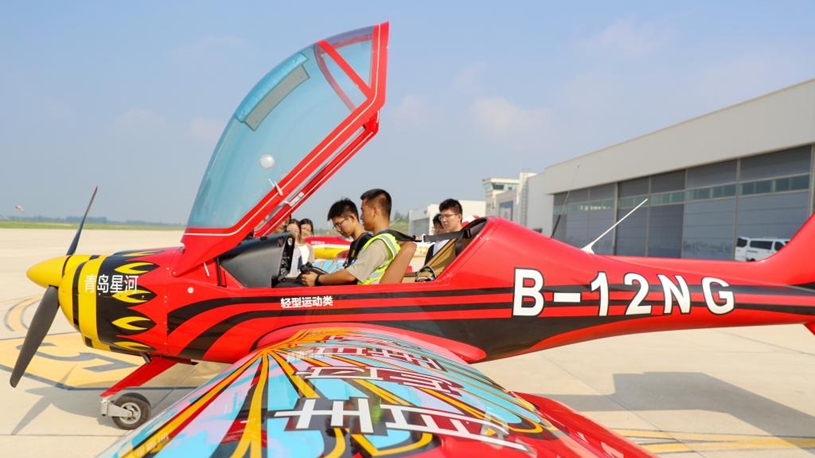
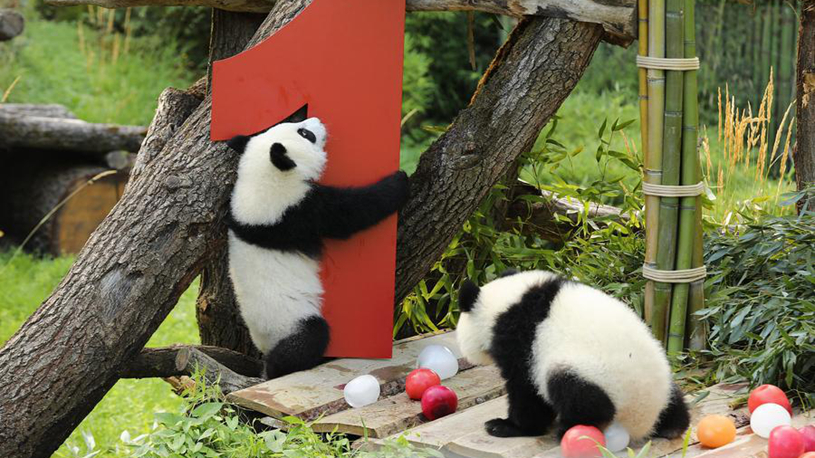
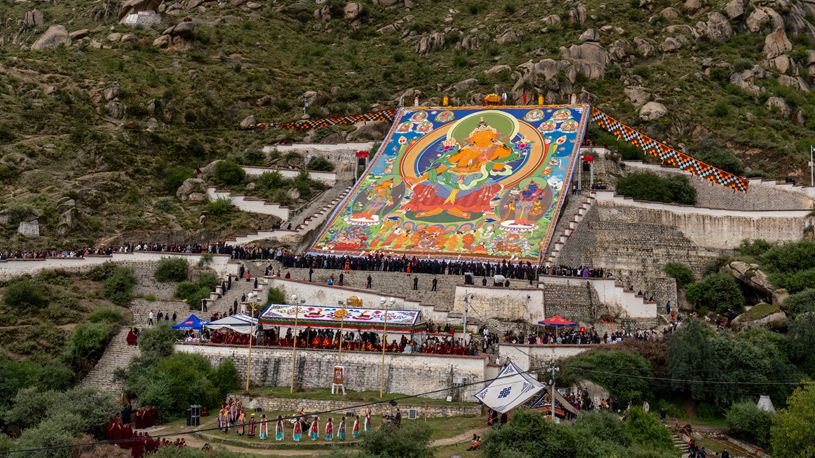

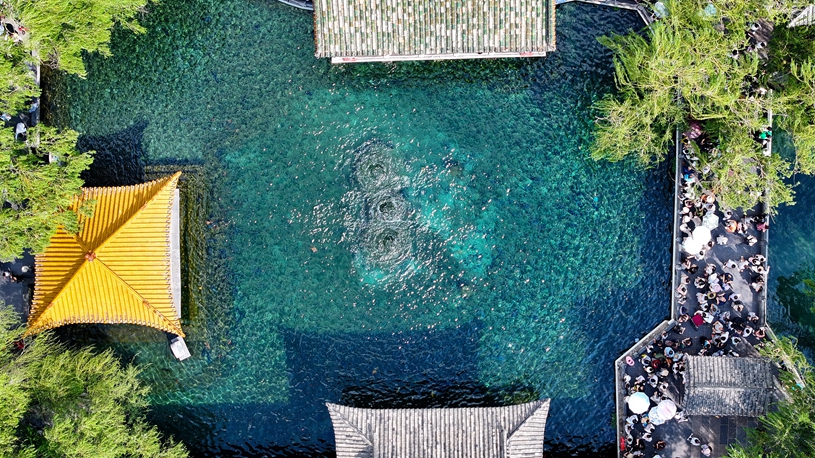


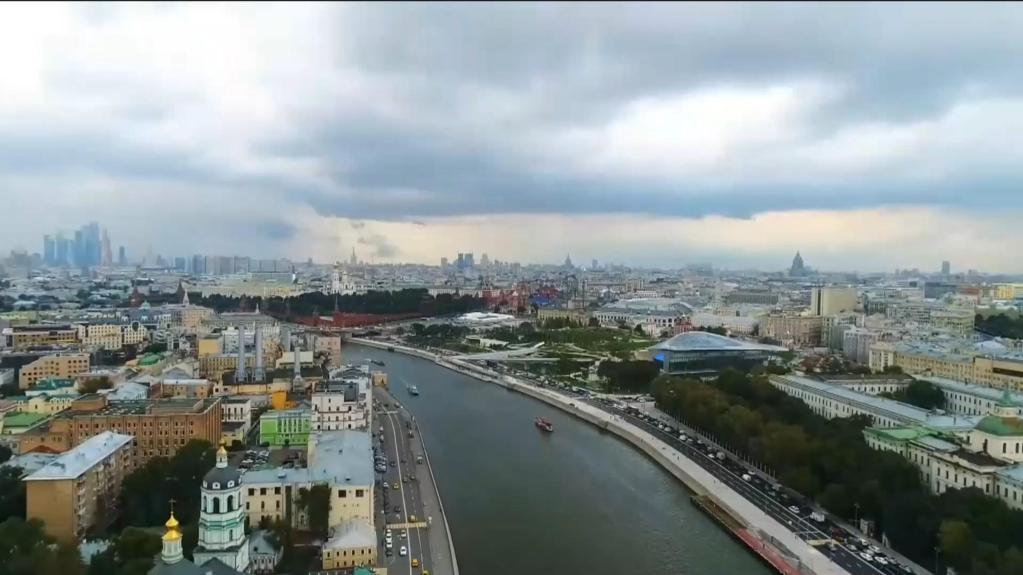
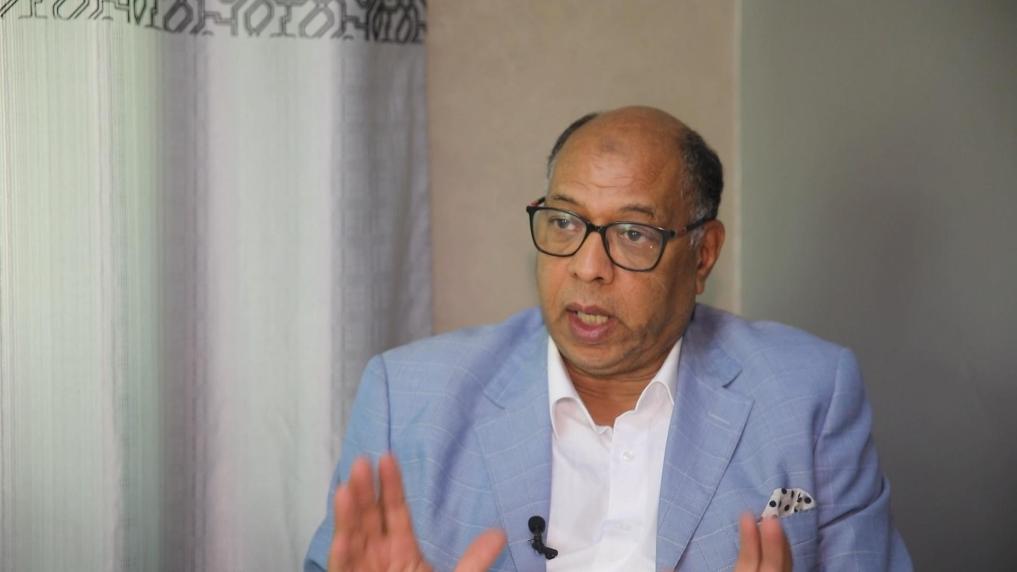



Comments